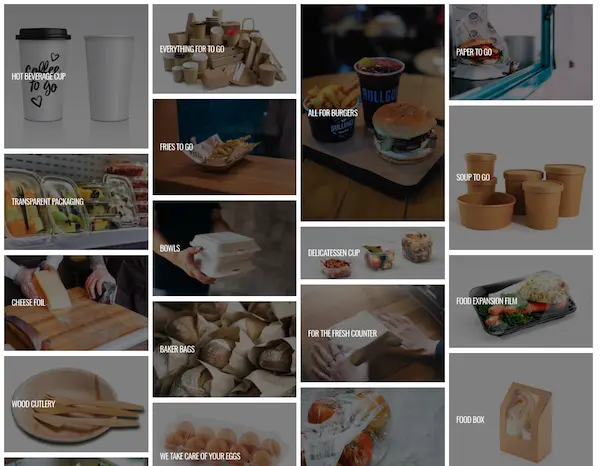How are packaging designs adapting to the increasing demand for home automation and smart homes?
» Packaging- Packaging designs are incorporating QR codes and NFC tags to enable easy pairing with smart home systems.
- Materials are becoming more sustainable and biodegradable to align with the eco-friendly ethos of smart home users.
- Packages are being designed with built-in sensors for real-time tracking and integration with home automation apps.
How's the packaging design industry keeping up with all the smart home tech that's popping up everywhere? Like, with more folks decking out their homes with all sorts of automated gadgets and doohickeys, are designers coming up with new ways to make the unboxing part just as slick as the tech inside? Seen any cool trends or innovations in packaging that match the whole smart home vibe?
Actually, there seems to be a bit of a disconnect between the innovation we're seeing in smart home technology and the packaging industry. There's a lag in packaging design evolution to match the sophistication of these products. While the tech itself is super advanced, the packaging doesn't always scream 'high-tech' and often misses the opportunity to enhance the user experience from the moment of unboxing. This misalignment doesn't just disappoint; it's a missed marketing beat. Packaging should reflect the innovation inside, but sadly, that's not the standard yet. It's an area ripe for disruption, though. What do you think could be done to bridge this gap?
With our network with packaging suppliers along with a huge international network, we provide customizable logistic packaging services as per the needs and requirements of our clients, in order to maintain continuous product development and greatly reduce the spending for packaging solutions.
I see your point about the disconnect, but it's worth mentioning that some companies are starting to catch on and address these packaging shortfalls. For instance, a trend is emerging where packaging is being designed with sustainability in mind, which does resonate with the ethos of tech-savvy consumers who value both innovation and environmental responsibility. Moreover, smarter packaging with QR codes and augmented reality apps is being developed to enhance user interaction from the moment the product is handled. These are subtle yet impactful ways packaging is beginning to align more closely with the smart tech it holds. This shift might not be widespread yet, but it's a promising start! What are the most innovative packaging features you've come across in this sector?
- How are brands using packaging to enhance the collectibility or limited edition appeal of products? 3
- How does packaging design cater to the evolving lifestyle of digital nomads? 1
- How do you dispose of your delicatessen cups, particularly if they are made from mixed materials? 13
- How are companies integrating feedback from crowd-sourced or community-driven design initiatives into packaging? 3
- How can we optimize the packaging for better logistics and distribution? 18
- How are QR codes and NFC technology enhancing the user experience with packaging? 1
- How are brands addressing the growing consumer demand for zero-waste or minimal-waste products through packaging? 3
- What innovations are being developed to reduce the weight of packaging without compromising durability? 1
- How can we effectively communicate product information through our packaging? 7
- How do packaging designs adapt to the increasing popularity of non-traditional retail spaces, like mobile stores or kiosks? 2
- What are the challenges of using biodegradable materials in packaging? 362
- What are the latest technological advancements in packaging machinery? 289
- Are there any concerns regarding the food safety or longevity of bread stored in paper bags with windows? 282
- Can you share some tips on how to reduce the use of consumable materials? 276
- What are some challenges you have faced with automotive packaging, and how did you overcome them? 273
- What's the process for quality assurance in our packaging production? 270
- How would you improve the current design of paper shopping bags to make them more user-friendly or sustainable? 268
- How does the feel and usability of HDPE bags compare to other materials such as paper or fabric? 265
- Have you encountered any problems when using paper shopping bags in certain weather conditions? 263
- How do you balance the need for protection and efficiency in your internal packaging processes? 256
Blog Posts | Current
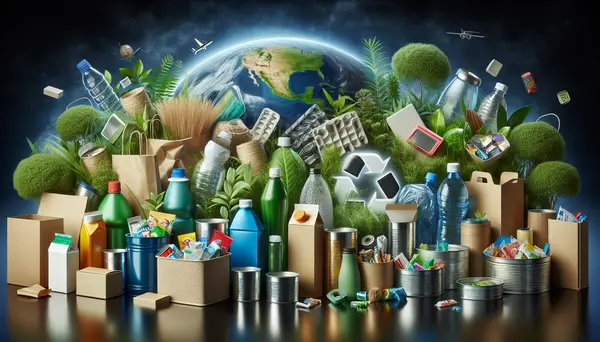
Recycling in Packaging: A Sustainable Approach for a Greener Future
Introduction Packaging is an integral aspect of every product that we consume or use. However, the growth in consumerism and the...
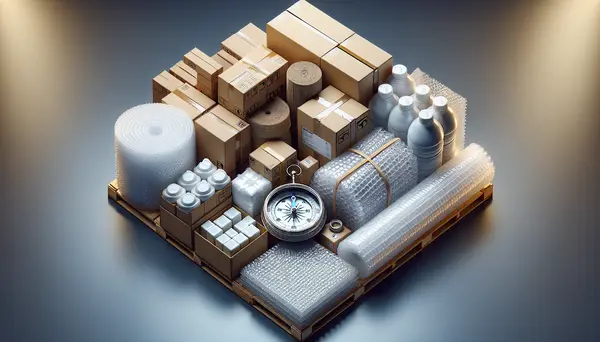
Navigating Packaging Regulation: Compliance and Industry Insights
Understanding Packaging Regulation: A Brief OverviewThe world of packaging regulation can be a complex maze to navigate. However, understanding these...
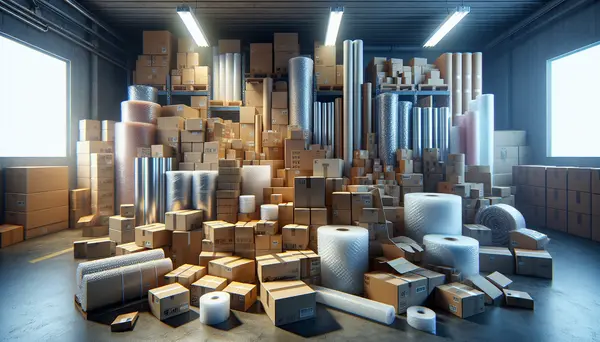
Understanding Packaging HSN Codes
Introduction to Packaging HSN CodesWhen it comes to the realm of packaging, understanding the complexities and details can often be...
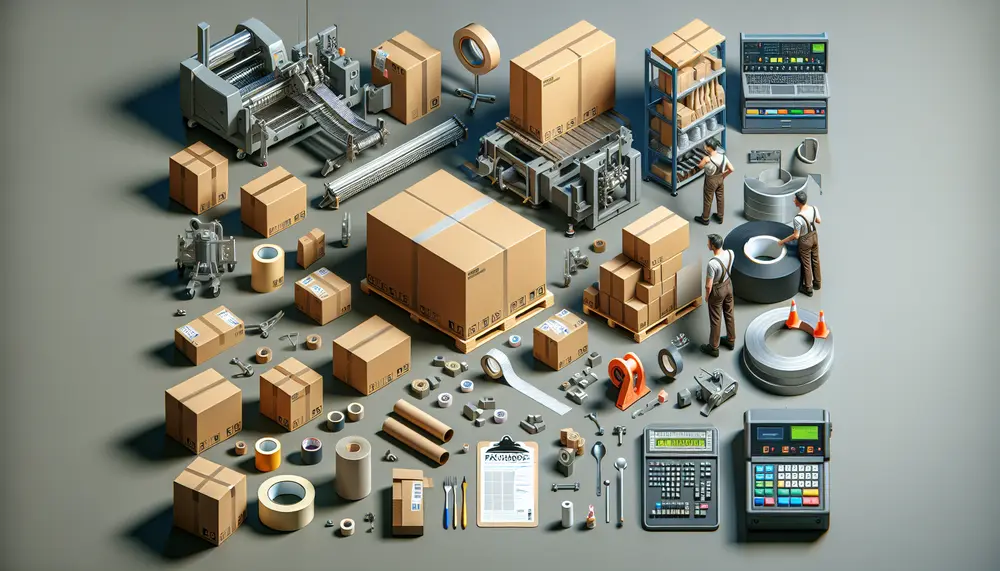
Becoming a Packaging Operator: Skills and Responsibilities
Introduction to the Role of a Packaging OperatorStarting a career in the packaging industry can be an exciting opportunity, especially...
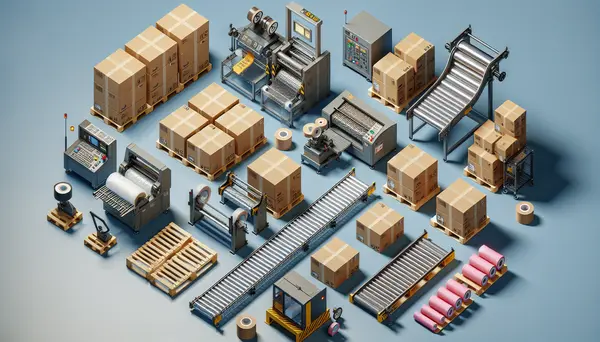
Industrial Packaging Production: A Cornerstone of Modern Manufacturing
Introduction Packaging is an indispensable part of any industry, providing a protective shield for products during their journey from the production...
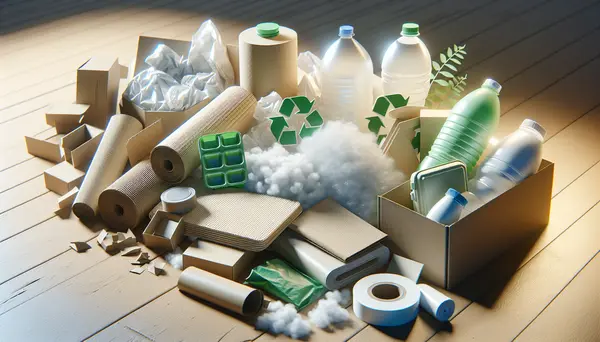
Sustainability in Packaging Design
Introduction As environmental concerns continue to gain prominence in public and corporate consciousness, the topic of sustainability in packaging design has...
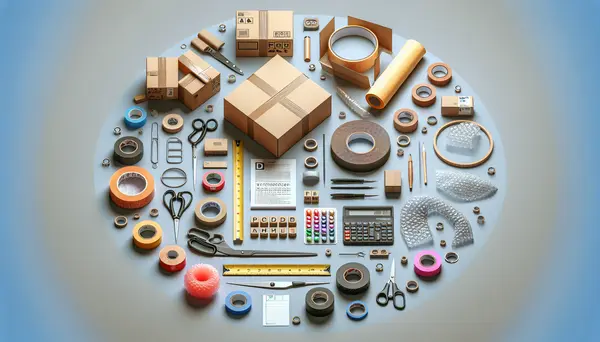
The Cornerstones of Effective Packaging Design: Key Rules to Consider
Introduction Packaging design is far more than a mere protective cover for a product. It is a potent communication tool that...
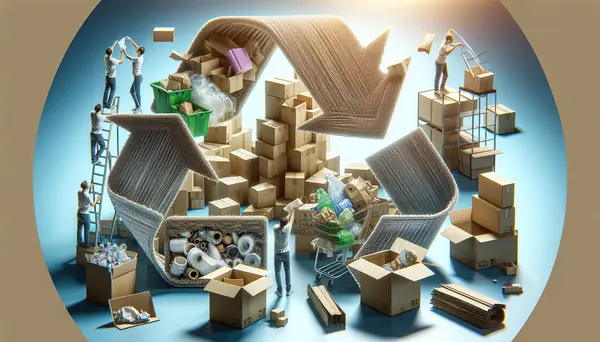
Effective Strategies to Minimize Packaging Waste
Understanding the Importance of Minimizing Packaging WasteIn an increasingly consumer-driven society, the growing problem of packaging waste cannot be ignored....
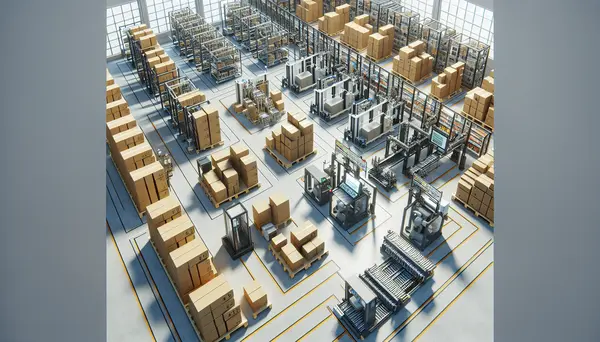
Efficient Solutions for Managing a Packaging Warehouse
Understanding the Basics of a Packaging WarehouseFirst things first, let's delve into the basics of a packaging warehouse. Essentially, a...
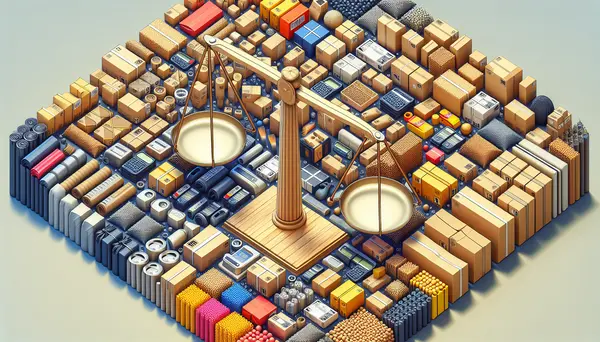
Negotiated Price vs. Demand Quantities: A Detailed Examination
Price negotiation and demand quantities are two significant factors affecting both the supply and demand of goods in the market....

